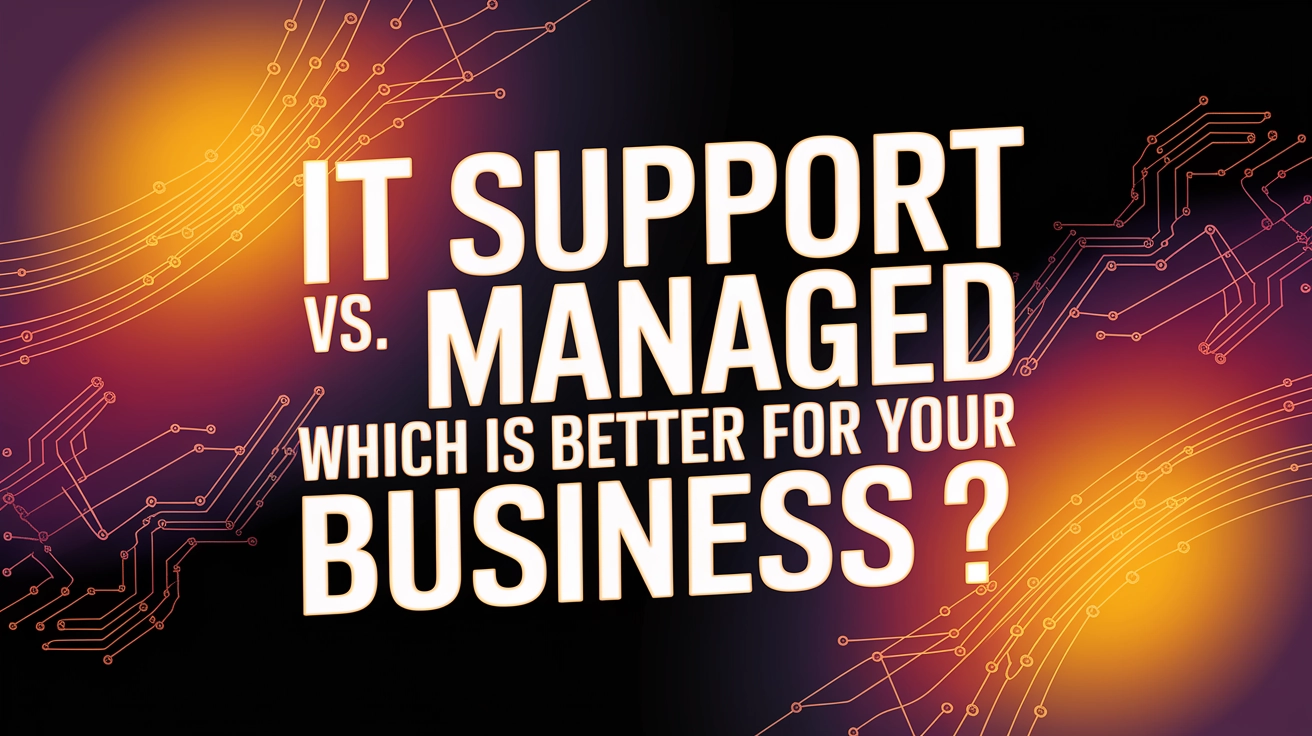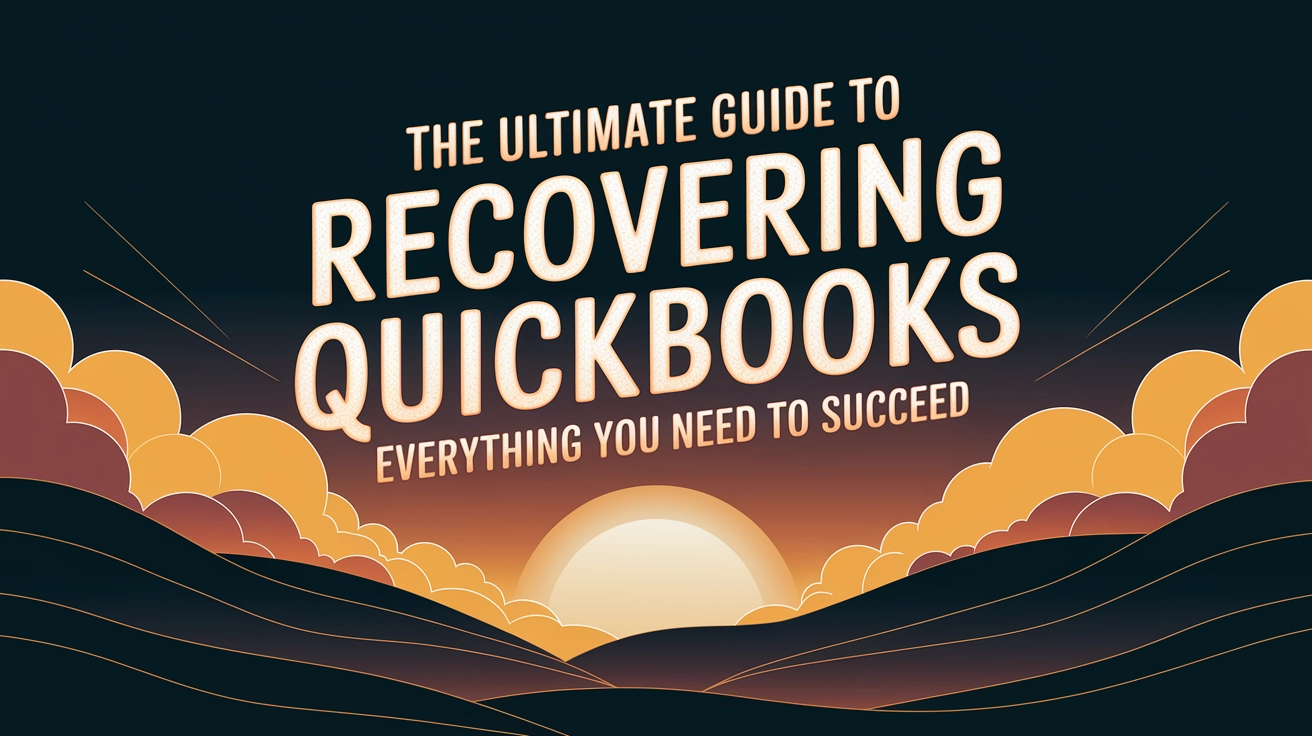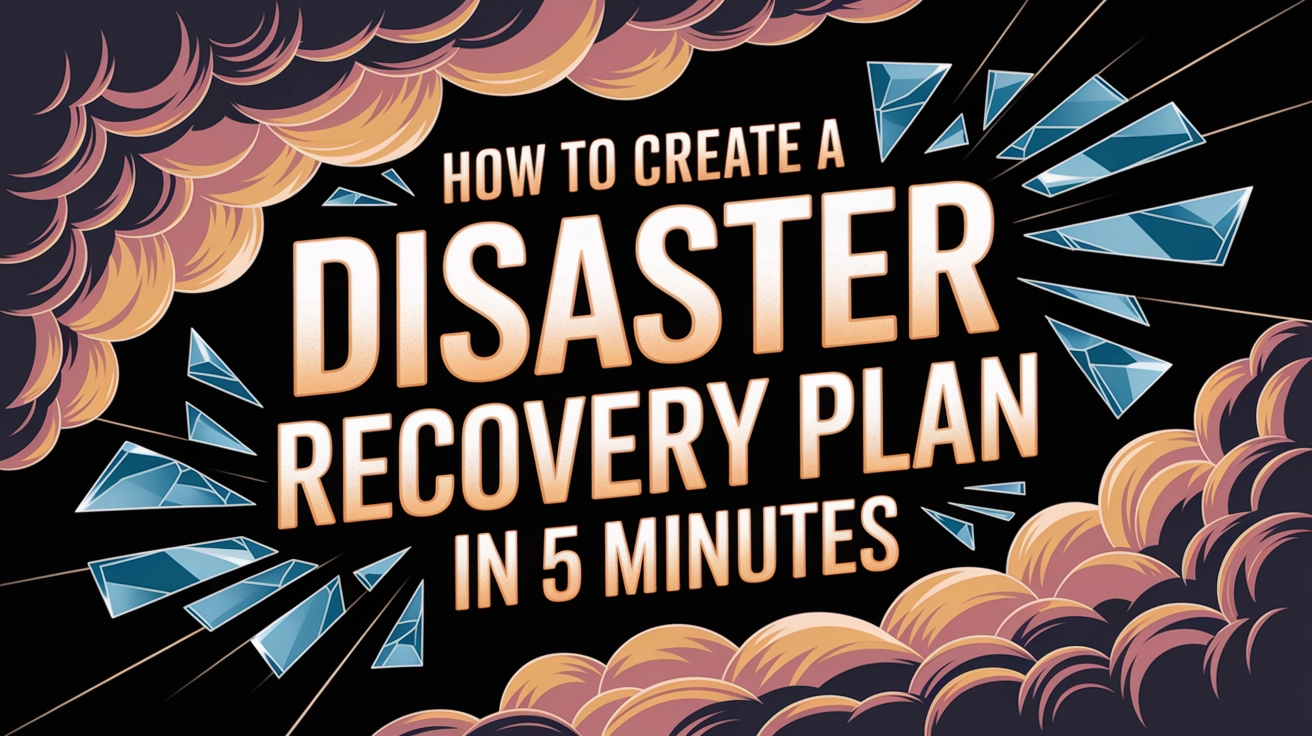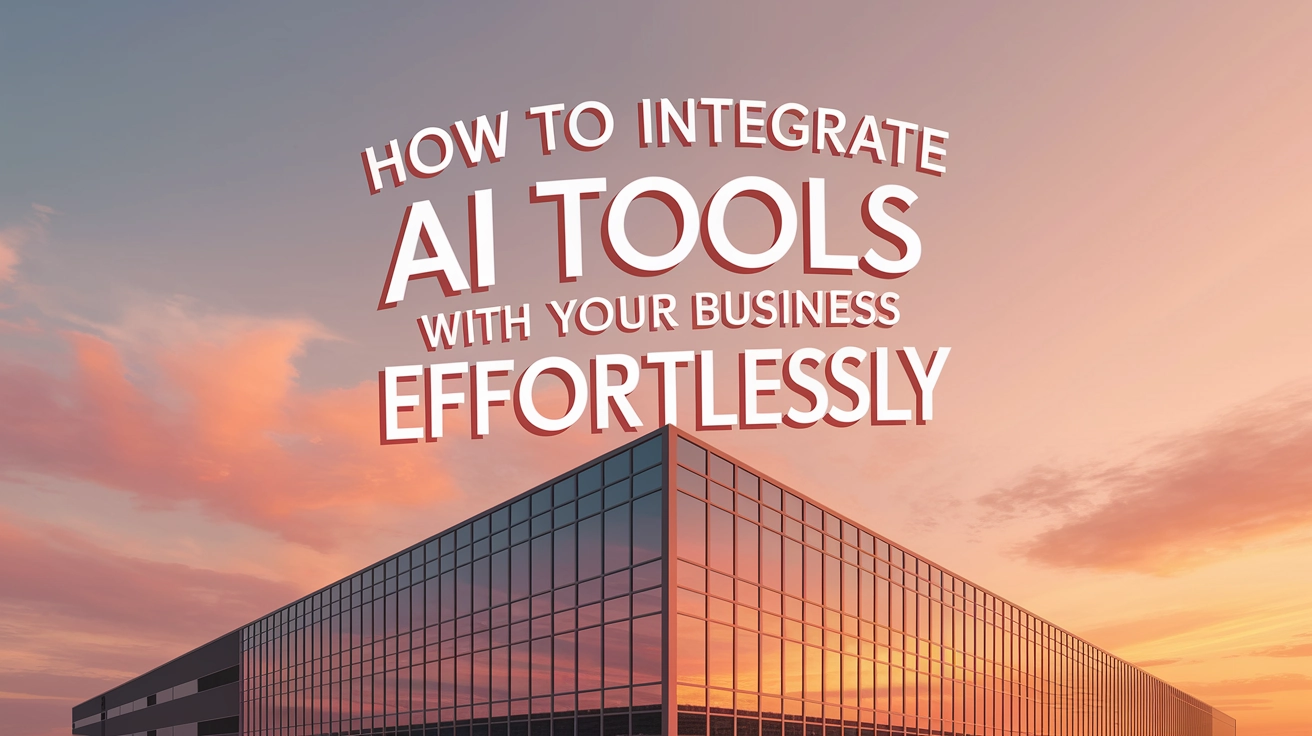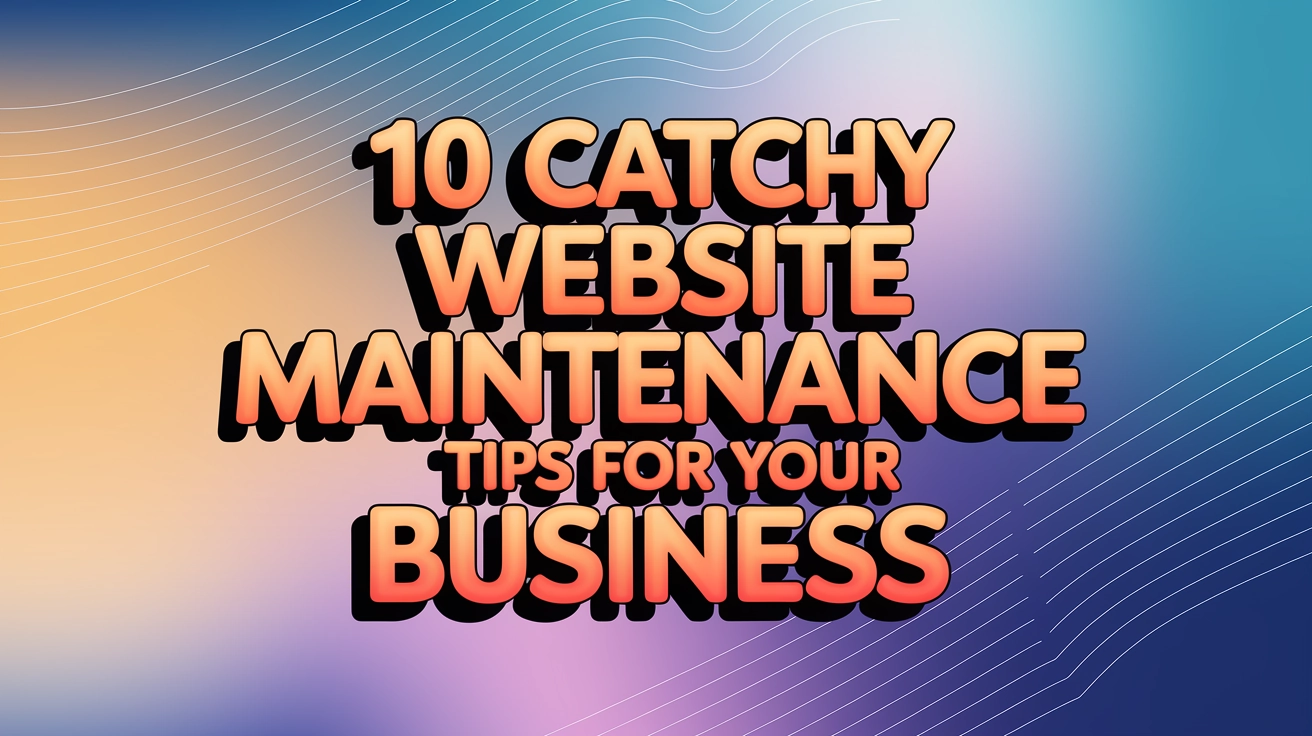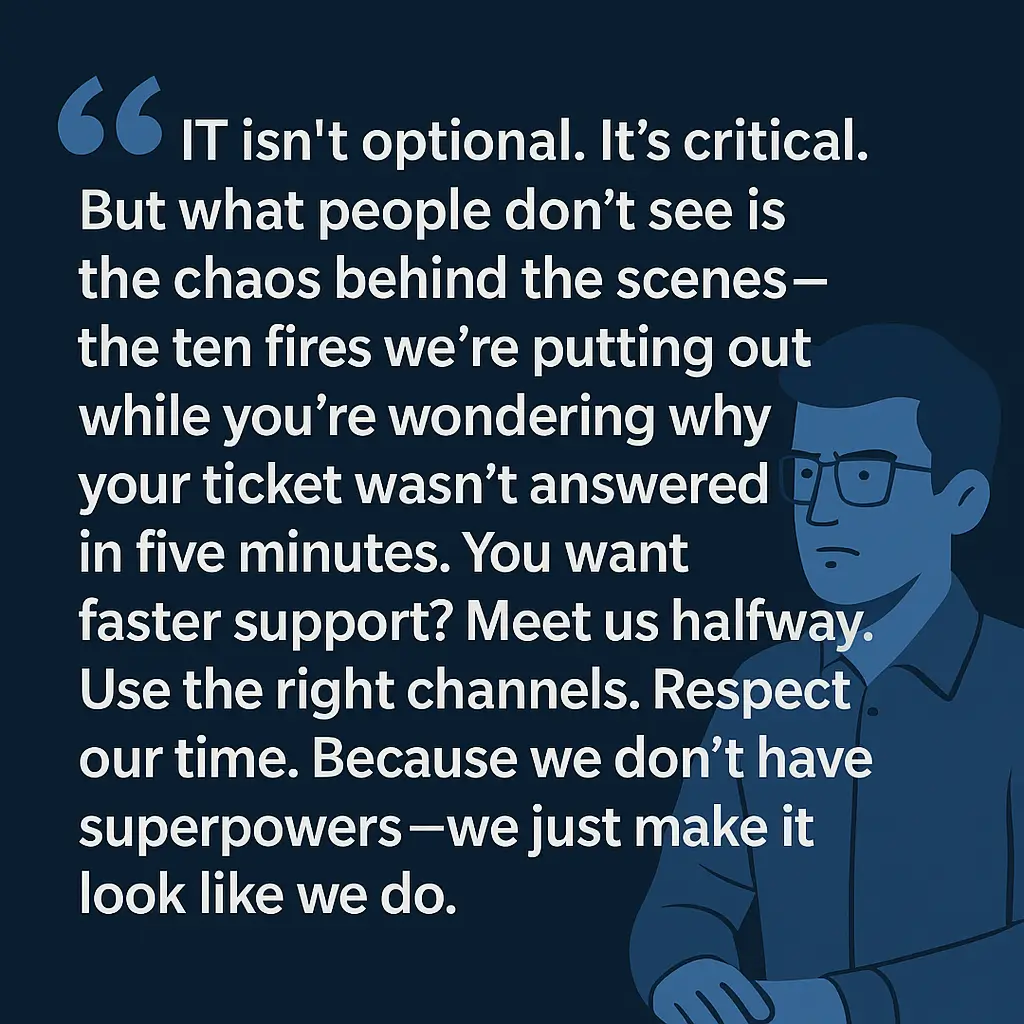In the past two years, cyberattacks have proven one thing repeatedly: it doesn’t matter if you’re an individual or a corporation—if you ignore basic security, your life (or business) can be turned upside down.
Take the 3CX Supply Chain Attack (2023). IT professionals around the world trusted a routine update to their phone software. That update? Compromised. It delivered malware straight into networks, leading to credential theft and system access for attackers.
Or the MOVEit breach (2023), which exploited a widely used file transfer app. Major enterprises and even government agencies got caught off guard. Sensitive data leaked. Millions impacted.
It’s not just the big names.
A Florida man in 2024 installed what he thought was a PDF viewer. It turned out to be Rhadamanthys malware, which harvested his banking credentials. He lost $45,000 in a week.
An elderly couple in California was hit with a fake browser update. Ransomware locked their family photos and medical files—forever gone unless they paid thousands.
The pattern? “It didn’t seem like a big deal.”
That mindset is the problem.
Security isn’t optional. Password managers, MFA, patching—these aren’t annoyances, they’re seatbelts. The “I don’t need security” attitude is like driving 100mph blindfolded because you “haven’t crashed yet.”
Whether you’re one person or a 1,000-person org, you either get ahead of this… or you pay later. Sometimes literally.
—
This. Right. Here.
This is why we block admin access.
Because when malware strikes, it doesn’t ask politely—it takes full control if you let it.
This is why we use password managers.
So you’re not reusing “Fluffy123!” across banking, email, and your smart cameras.
This is why you need to stop resisting and get with the times.
Security isn’t about convenience—it’s about survival in a world where threats are automated, fast, and relentless.
Everyone thinks it can’t happen to them… until it does. And when it does, it’s too late for “I didn’t think I needed it.”
So no, we’re not “overdoing it.” We’re protecting you from the very thing you think only happens to other people.

